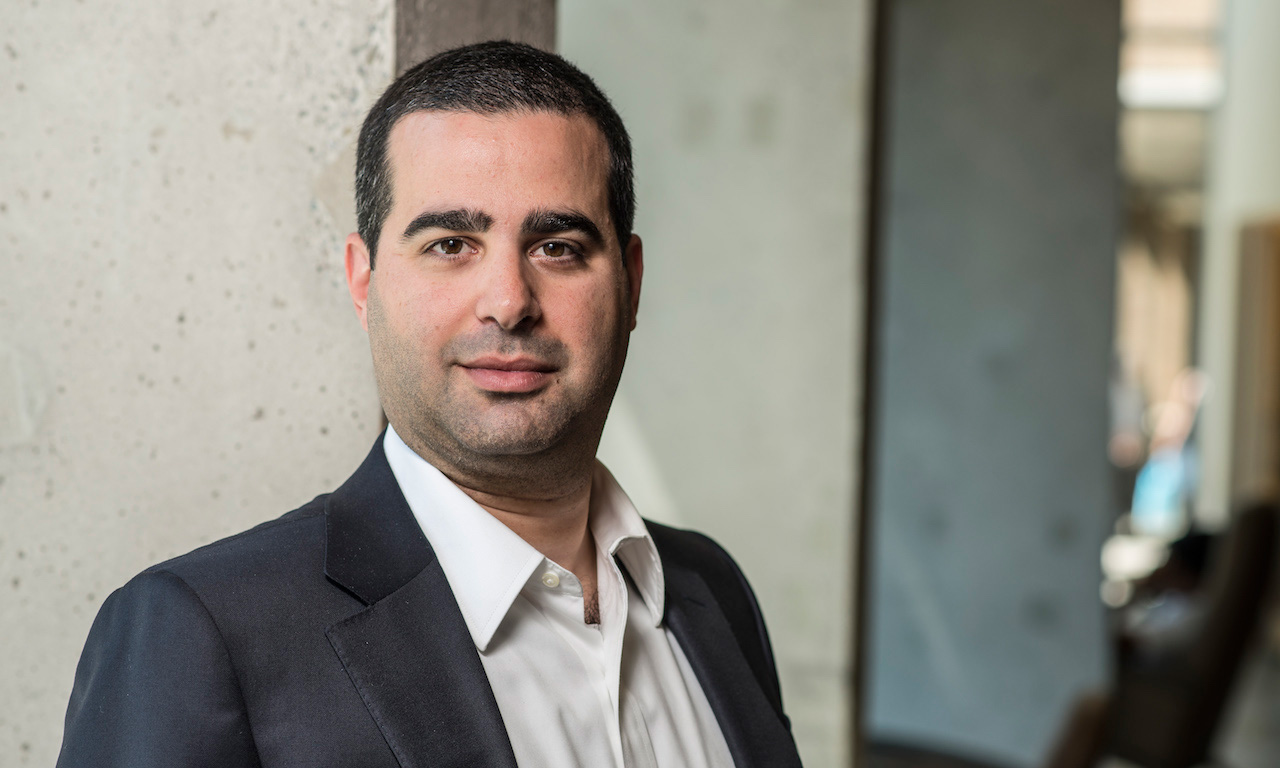Deep brain stimulation for therapy-resistant anorexia nervosa
Dr. Nir Lipsman, a scientist in the Hurvitz Brain Sciences Research Program at Sunnybrook Research Institute, led a clinical trial to assess the safety of deep brain stimulation (DBS) in people with treatment-resistant anorexia nervosa. The research, published in The Lancet Psychiatry, is the largest study of DBS in this patient population. Deep brain stimulation is a procedure in which electrodes are implanted in the brain to influence the activity of dysfunctional circuits.
Enrolled in the trial were 16 women between the ages of 20 and 60 years with severe, chronic anorexia nervosa that did not get better with treatment like psychotherapy and medication for associated conditions including anxiety and depression. The patients were extremely underweight and nearly all had other psychiatric disorders, including major depression and obsessive-compulsive disorder. The average length of illness prior to the procedure was 18 years. The patients were followed up for 12 months after DBS activation. The most common adverse effect was pain related to surgery. The average body mass index (BMI) at surgery was 13.83; at the end of the 12-month follow-up, eight patients had a BMI of more than 17, which is much closer to the normal range of 18.5 to 24.9. Deep brain stimulation was also associated with significant improvements in anxiety and depression. Five patients had better scores on clinical ratings of anxiety, and 10 patients showed enhanced scores on a depression rating scale; these changes were large enough to represent a treatment response.
The researchers concluded that DBS is well tolerated and associated with improvements in BMI and symptoms of mood disorders at 12 months after surgery.
» Read the full story at CTV News and BBC News
» Read about Dr. Lipsman’s other neurosurgery research






